

As new commercial earth observation (EO) systems become available in the national defense space, how will they be integrated with DoD EO assets? How can commercial providers best work with DoD to ensure ubiquitous interoperability, security and value in the important observation and tracking arena. Over 50 commercial companies have announced their intention to develop EO constellations, representing roughly 1,800 small satellites, the majority of which will be under 50kg. This discussion will highlight the essential factors that can aid the DoD in the use of EO data and solutions.
 Dr. Josef Koller
Dr. Josef Koller
Dr. Josef Koller is a Systems Director for the Center for Space Policy and Strategy, serving as a senior analyst and team leader on topics that cut across policy, technology, and economics. Prior to joining Aerospace, Dr. Koller served as a Senior Advisor to the Office of the Secretary of Defense for Space Policy where he directly supported key national and international strategy efforts for space-related U.S. Government and DoD policy matters including commercial remote sensing, space traffic management, and related congressional affairs. Prior to that assignment, Dr. Koller managed and co-lead over 40 scientists in the “Space Science and Applications Group” at Los Alamos National Laboratory. Dr. Koller also established and led the Los Alamos Space Weather Summer School to promote graduate student research and outreach at the Laboratory.
Dr. Koller has over 17 years of experience with global security and space science programs. He has authored over 50 peer-reviewed scientific publications with 700 citations. Dr. Koller has a Ph.D. in Astrophysics from Rice University.
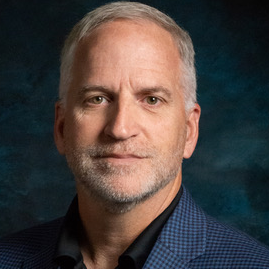 Robert Cardillo
Robert Cardillo
Robert is Chief Strategist and Chairman of the Board at Planet Federal where he is responsible for supporting strategic decision-making for future products and services, driving meaningful partnerships, and increasing the utility of commercial innovations for global government agencies. Robert has a distinguished career as former Director of the National Geospatial-Intelligence Agency (NGA) from 2014-2019, where he successfully transformed the Agency’s future value proposition through innovative partnerships with the growing commercial geospatial marketplace. Prior to NGA, Robert served in leadership positions with the Chairman of the Joint Chiefs of Staff, the Defense Intelligence Agency, and the Office of the Director of National Intelligence. From 2010 to 2014, Robert managed, edited, and delivered the President’s Daily Brief to President Obama and Vice President Biden – over 1400 editions – while also serving on the Deputies Committee of the National Security Council.
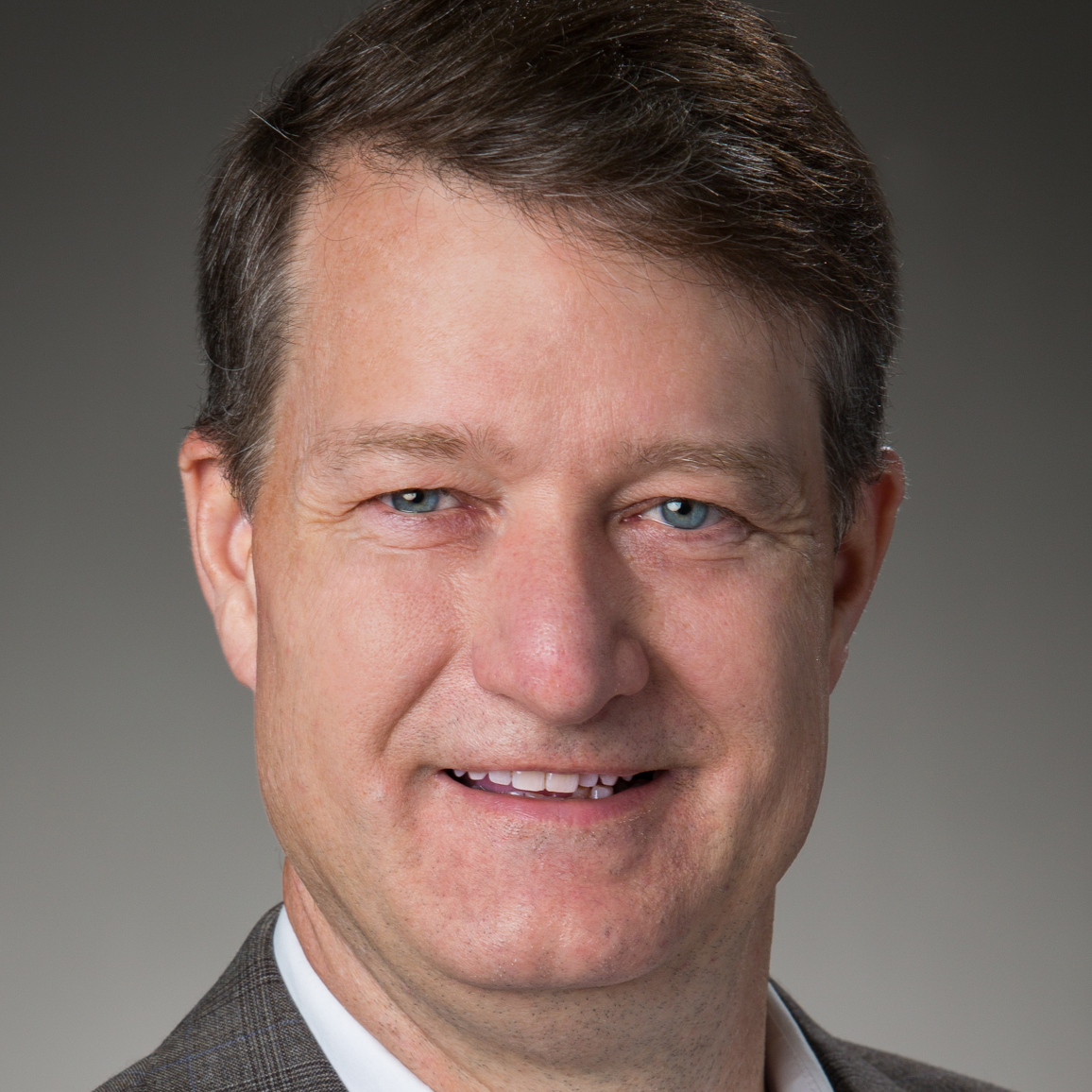 Shawn Cochran
Shawn Cochran
Mr. Shawn Cochran is a Senior Manager for Civil and Environmental Space in Raytheon’s Space Systems organization. Space Systems manufactures the VIIRS instrument for the NASA/NOAA Joint Polar Satellite System.
Prior to joining Space Systems, Mr. Cochran was the Chief Scientist for the Joint Polar Satellite System (JPSS) Common Ground System (CGS) and the head of the Mission Data Services program. The Mission Data Services organization provides a “system of systems” view for the novel use of data products generated from the sensors onboard the JPSS spacecraft, identifying new ways that JPSS can become more efficient and effective in meeting the data consumers’ requirements. The Mission Data Services team works with the US Government agencies, NATO allies, and industry partners to find ways to use existing capabilities to meet existing or emerging mission requirements for a variety of use cases.
Mr. Cochran’s role is not limited to VIIRS and JPSS, as he works across business units within Raytheon which develop a variety of capabilities including air and missile defense, large land- and sea-based radars, and systems for managing command, control, communications, computers, cyber, intelligence, surveillance, and reconnaissance.
Before joining JPSS CGS, Mr. Cochran was the head of Systems Engineering / Operations for the United States Missile Defense Agency’s Integration and Operations Center at Schriever AFB, Colorado. His primary focus has always been large scale systems-of-systems integration with a sub area focus on command and control systems. He has been with Raytheon since 2004.
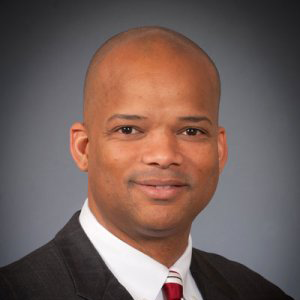 Robert Curbeam
Robert Curbeam
Robert Curbeam is a former NASA astronaut and a retired US Navy captain, with over 35 years of operational and industry experience in aerospace and defense. He is currently the Senior Vice President for Space Capture at Maxar Technologies.
During his 23-year naval career, Curbeam served as a Naval Flight Officer amassing over 3000 hours in numerous aircraft and spacecraft. He is a graduate of the Navy Fighter Weapons School (TOPGUN) and the US Naval Test Pilot School. During his time in as an astronaut, he flew three spaceflights and completed seven spacewalks. He also served as a Spacecraft Communicator (CAPCOM) and in various positions in the NASA Mission Assurance organization in the Astronaut Office, and at the Johnson Space Center and NASA Headquarters. His industry experience includes functional and profit and loss positions at ARES Corporation, Raytheon and Northrop Grumman.
Curbeam earned a Bachelor of Science degree in Aerospace Engineering from the United States Naval Academy, a Master of Science degree in Aeronautical Engineering from
the Naval Postgraduate School, and a Degree of Aeronautical and Astronautical Engineering from the Naval Postgraduate School.
He is chairman of the Board of Directors of the Challenger Centers for Space Science Education and a member of the Board of Directors of the Association for Naval Aviation. He is also a member of the U.S. Naval Academy Alumni Association and the Association of Old Crows.
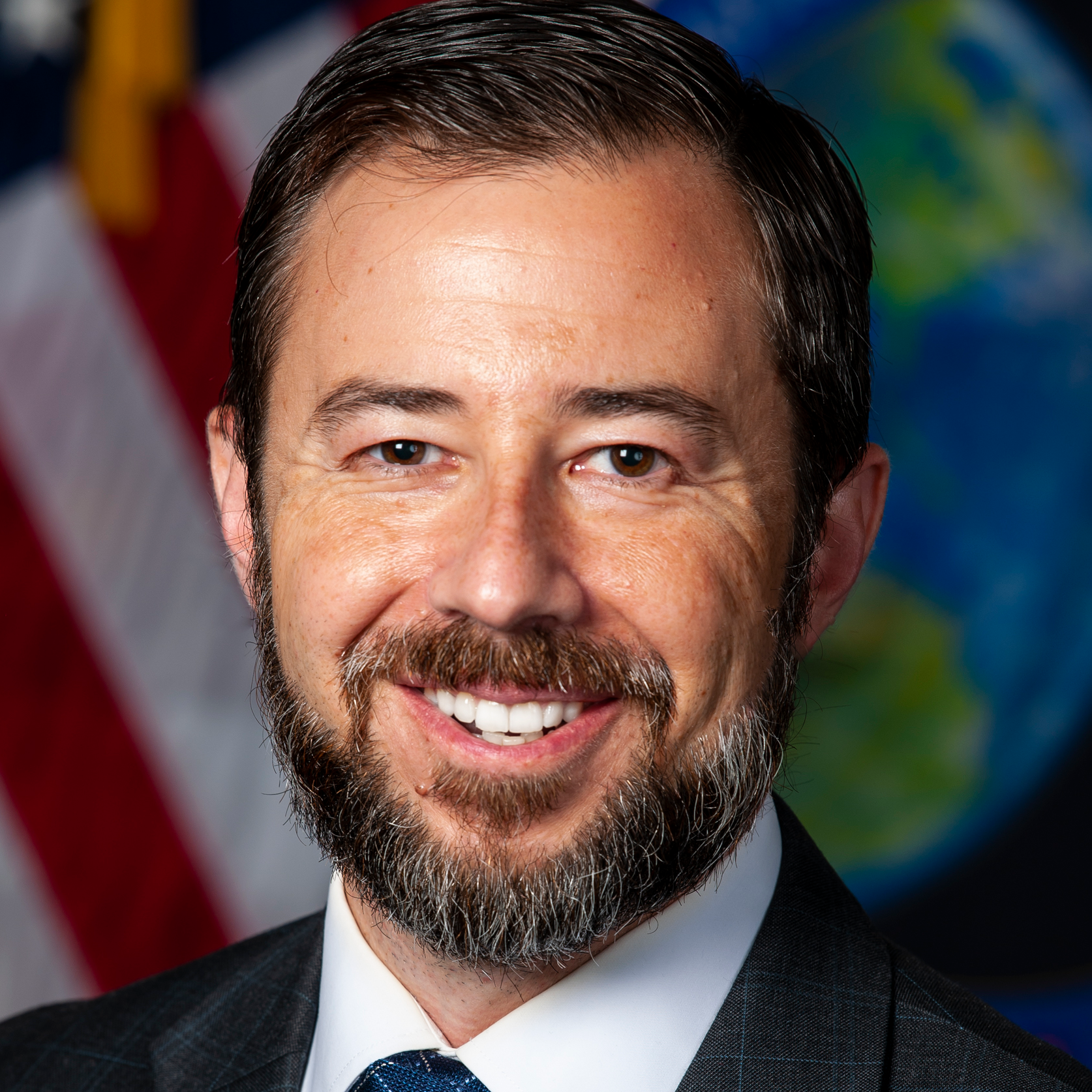 Dave Gauthier
Dave Gauthier
Mr. Gauthier is a senior government executive at the National Geospatial-Intelligence Agency (NGA) serving as Director of their Commercial and Business Operations Group in the Source Directorate. He also serves as the Chair of the newly-formed Intelligence Community Commercial Space Council. Previously, he was the NGA Chief Strategy Officer where he spearheaded strategic plans for a data-enabled workforce and artificial intelligence. Over the past 23 years, he has led various intelligence operations and programs across the U.S. Air Force, private industry, and government giving him experience with a variety of technical collection systems and analytic innovations. He is known for his role in maturing activity-based intelligence and his primary interests are model-driven collection, U.S. space policy, and innovations in remote sensing.
Mr. Gauthier has two Masters Degrees from the University of Colorado at Boulder in both Aerospace Engineering and Telecommunications Science; and he earned his Bachelor’s Degree in Electrical Engineering at the Rensselaer Polytechnic Institute (RPI) in Troy, NY.
 Peter Platzer
Peter Platzer
Peter Platzer co-founded Spire in 2012 with a vision to provide satellite-powered data solutions
to problems on earth. The company’s audacious goal is to double global GDP growth by eliminating the negative economic impact from inaccurate weather forecasts in the era of Climate Change. Platzer is now regarded as one of the pioneers in launching small form factor satellites into space and was named by President Obama a
White House Champion of Change in 2013.
Prior to launching Spire, Peter trained at CERN and the Max Planck Institute before turning to business with the Boston Consulting Group in
Europe and Asia, and serving as a quantitative investment manager for almost a decade on Wall Street.
Peter received an M.S. in Physics from the Technical University of Vienna, an M.B.A. from Harvard, where he was a Baker scholar, and an MSc cum laude in Space Science from ISU Strasbourg. He also serves as a Career Coach at Harvard Business School. His publications and patents span Computational Physics, Nano-satellite Technologies, and climate change adaptation. He currently lives happily in Luxembourg with his wife Theresa, daughters Alex and Asta, and cats Wolferl and Nannerl.
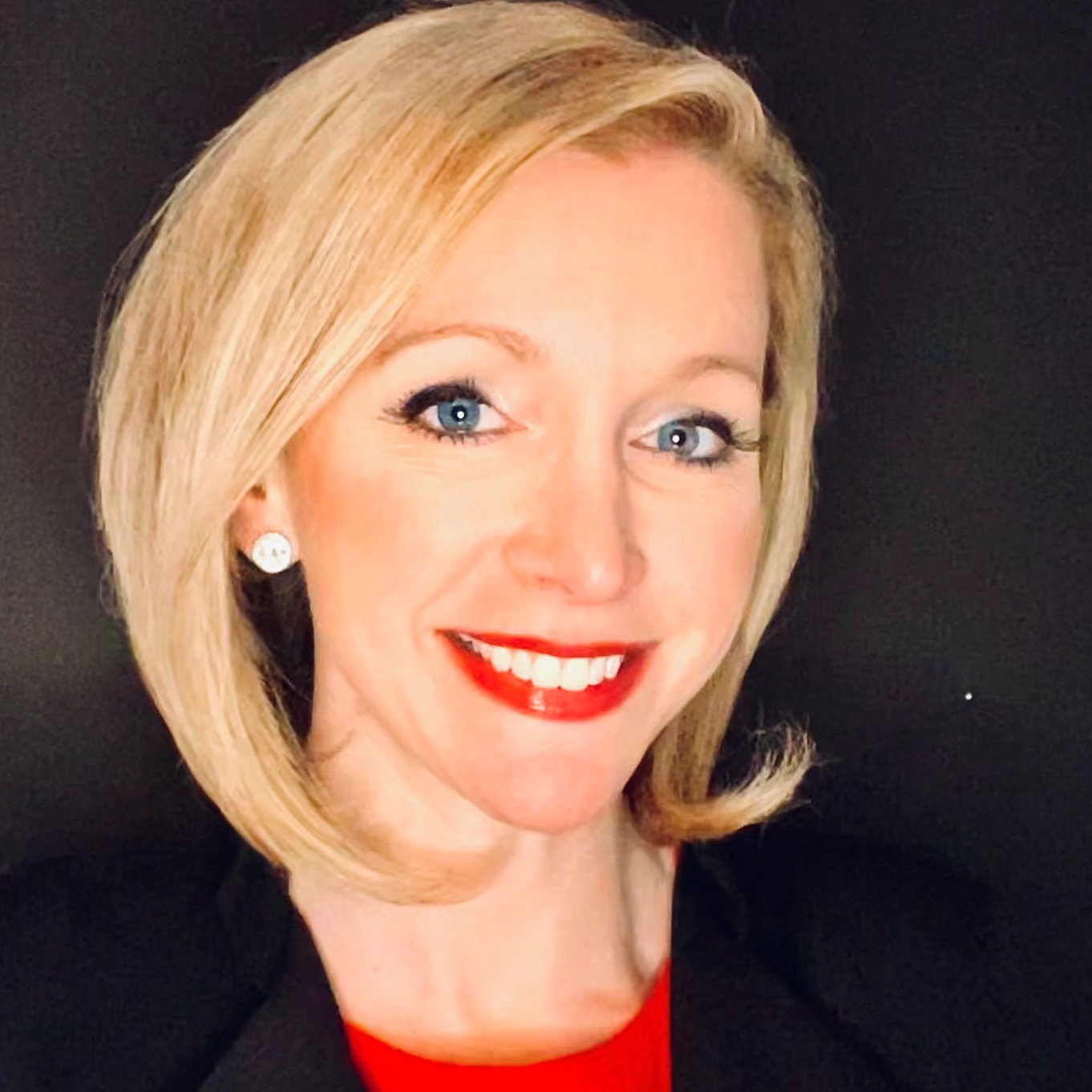 Nicole Robinson
Nicole Robinson
Nicole Robinson is the President of Ursa Space Systems, a leading satellite intelligence and data analytics provider leveraging a global virtual constellation of +200 SAR, earth observation and RF satellites. In her role, she is responsible for taking the company from a start up to a scale up in accelerating the companies growth globally while optimizing operations. Ms. Robinson also serves as the President of Society of Satellite Professionals International (SSPI), the largest professional organization in the space and satellite community.
Prior to joining Ursa Space, Ms. Robinson was the Senior Vice President of Global Government for SES, the largest commercial satellite operator in the world. In her role at SES, she was responsible for the company’s global business portfolio of government customers in the areas of defense, security, humanitarian, federal, civilian and institutional organizations. Additionally, she served in a variety of Board level positions for SES including Chairman of the Board of Redu Space Services, Director of the LuxGovSat Board of Directors and former Managing Director and CEO of SES Techcom Services, Inc. Prior to joining SES, she served as the leader of the Strategic Communications function for the U.S. Joint Forces Command’s Standing Joint Force Headquarters (SJFHQ) with General Dynamics as well as the U.S. Army Center of Military History.
Ms. Robinson is known in the satellite industry for serving in a variety of leadership positions including two terms as Chair of the Hosted Payload Alliance as well as Vice Chair, Board level positions for the Washington Space Business Roundtable, SSPI and others. She was the recipient of the 2012 Future Leaders Award by the Society of Satellite Professionals International and is a member of “The FEW,” an invitation-only assembly of senior executive women.
Ms. Robinson is certified in Federal Financial Management by the Federal Training Center, completed her bachelor’s degree in Communications at Radford University, earned an MBA from Liberty University, and is a graduate of the Senior Executives in National and International Security Program at Harvard University, Kennedy School of Government.